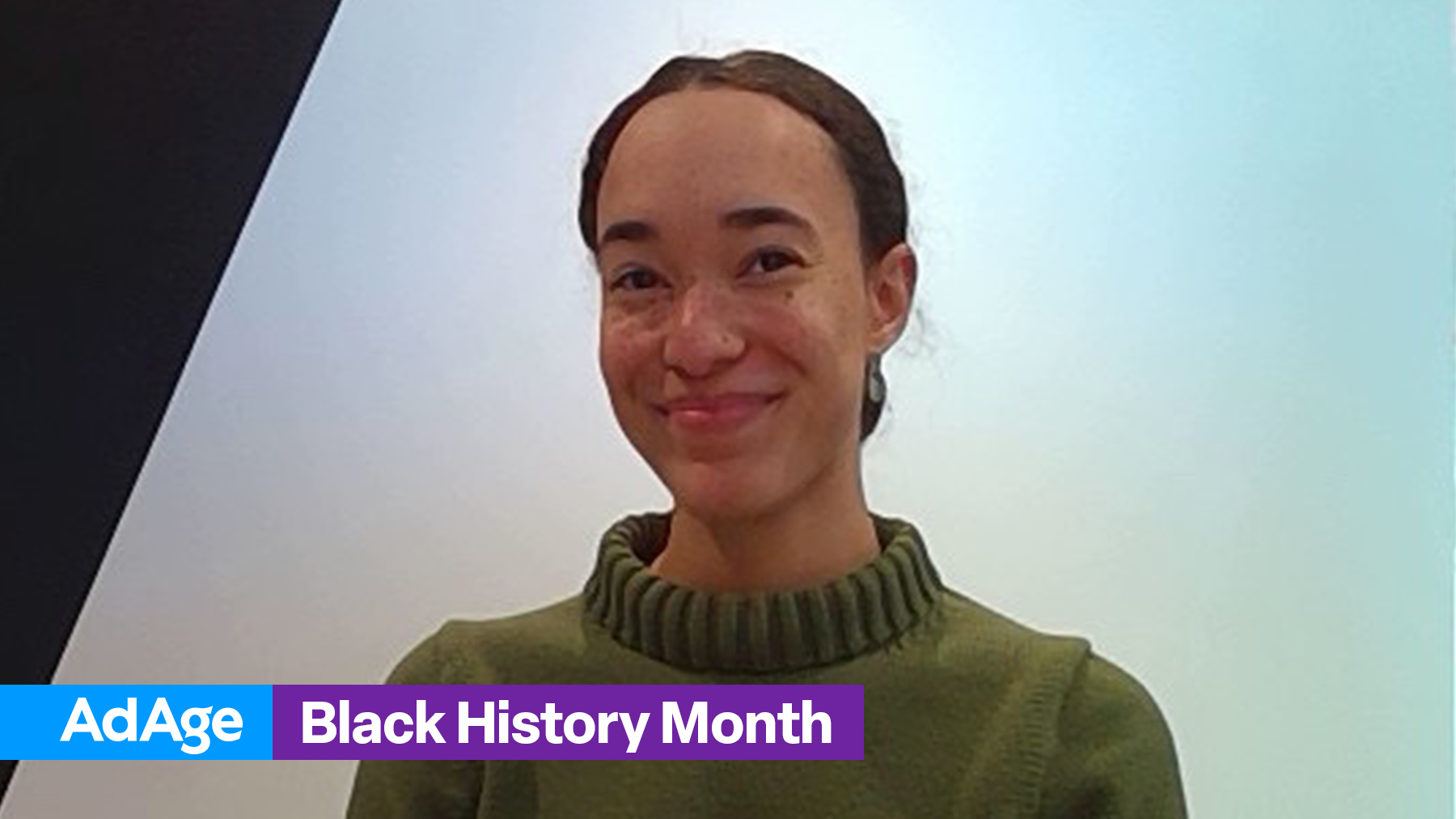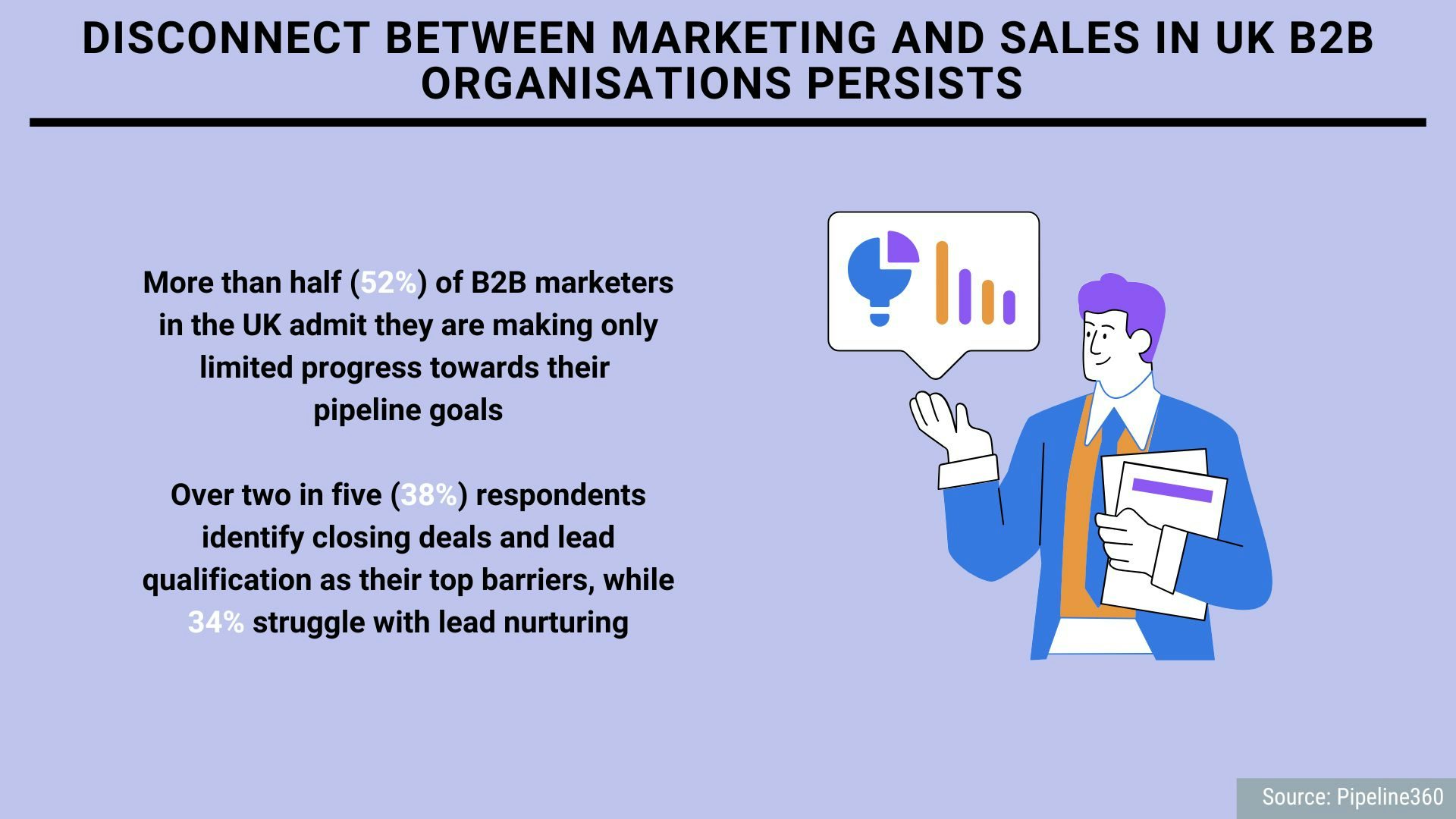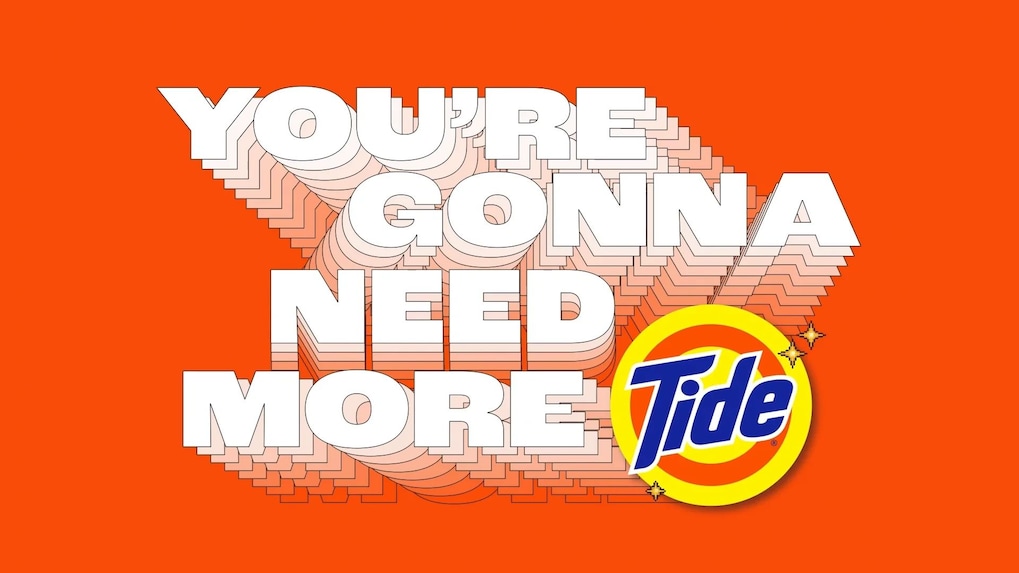The landscape of B2B marketing in the UK is fraught with challenges, as new data reveals a persistent disconnect between marketing and sales departments. More than half (52%) of B2B marketers in the UK concede that their progress towards pipeline goals is limited. This issue appears most acute in the late stages of the sales funnel, where 38% of marketers identify closing deals and lead qualification as major barriers. Additionally, 34% struggle with lead nurturing, highlighting a potential communication gap between marketing and sales teams. Only a small fraction (12%) of B2B marketers regard their current strategy as ‘exceptional’, underscoring the need for strategic reassessment. Moreover, over half (56%) of marketers describe their tech stacks as ‘limited’ or ‘disorganised’, revealing a significant hurdle in achieving marketing objectives.
In contrast, TV advertising has shown a positive trajectory, marking a return to growth in 2024 for the first time since 2021. According to Thinkbox, TV accounts for over half (54.7%) of all advertising-generated profit, delivering an average £5.61 return on investment for every pound spent. The sector saw a 3.8% year-over-year increase in investment, totaling £5.27 billion. Broadcasters, encompassing both linear and on-demand content, saw advertising revenue climb to £5.04 billion, while ad-supported streaming services amassed £236 million, up significantly from the previous year. Notably, the largest uptick in TV advertising investment came from FMCG brands, which increased their spending by 22%, reaching a total of £368.9 million, as reported by Nielsen Ad Intel.
The post-pandemic era has also ushered in shifts in habits surrounding health, media, and financial transactions. A Kantar Media TGI study indicates that a heightened awareness of health has taken root, with over a quarter (27%) of UK adults now opting for regular check-ups despite feeling well, an increase from 21% in 2021. Trust in alternative medicine has also seen an uptick, with 25% of respondents expressing confidence in these treatments, up from 17% in 2019.
Media consumption patterns have evolved, with social media increasingly influencing political opinions; 19% of British adults claim it affects their views, compared to 13% in March 2021. Streaming services have also changed TV viewing habits, with over half (53%) of respondents acknowledging its impact, and 35% reporting an increase in TV consumption. Financial habits have shifted towards digital, with contactless payments becoming the norm. Preference for contactless transactions surged from 73% in 2019 to 93% in 2023, although cash usage has rebounded to pre-pandemic levels, with 35% still preferring cash payments.
In the realm of technology, less than one-third of businesses feel they are harnessing the full potential of generative AI. Research from TheyDo identifies lack of AI-ready infrastructure and data overload as primary barriers to adoption. While 40% of financial services firms report beneficial AI investments, a third of retailers have yet to implement the technology. Generational differences also affect AI adoption, with 40% of baby boomers expressing distrust in AI outputs, compared to 25% of millennials.
Consumer confidence is on a downward trajectory, as indicated by GfK’s Consumer Confidence Barometer, which recorded a four-point drop in April. The overall index score fell to -23, the lowest this year, driven by a five-point decline in perceptions of the economy over the past year. Looking ahead, expectations for the economy over the next 12 months have plummeted by eight points to -37, a stark decline from the previous year.
Note: This article is inspired by content from https://www.marketingweek.com/b2b-tv-advertising-post-pandemic-5-interesting-stats/. It has been rephrased for originality. Images are credited to the original source.










Leave a Reply